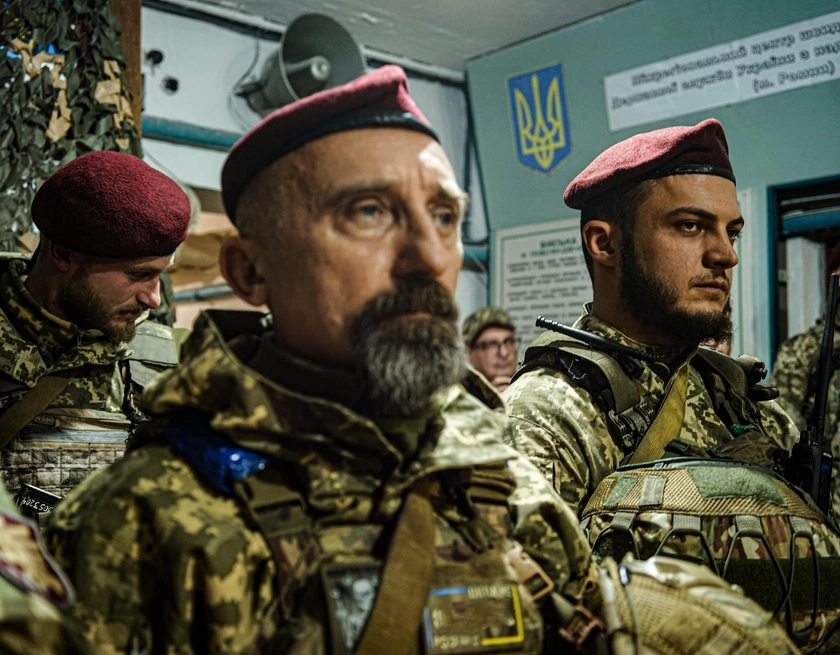Journalists from Skhemy (Radio Liberty), together with their Belarusian colleagues, uncovered a filtration camp set up by Russian forces in the Belarusian city of Naroulia, located on the banks of the Pripyat River, about 70 kilometers from the Chornobyl Nuclear Power Plant.
At the beginning of Russia’s full-scale invasion of Ukraine, the camp in Naroulia became a site of unlawful detention for Ukrainian prisoners of war and civilians, including children. Detainees were subjected to torture, beatings, and inhumane conditions.
JOIN US ON TELEGRAM
Follow our coverage of the war on the @Kyivpost_official.
Civilians and military personnel captured in Kyiv and Chernihiv regions were first sent to this camp before being transported deeper into Russia. Human rights advocates describe it as one of the most brutal camps due to the treatment of detainees. The number of Ukrainian civilians transported by Russian forces to Naroulia could reach hundreds.
Using testimonies from former detainees, satellite imagery, and videos recorded by Russian soldiers, journalists identified the camp’s exact location. It was found to be situated on the premises of a building belonging to a Belarusian state enterprise. This site was one of several where Russian forces operated in Belarus.
Legal experts argue that the actions of Russian forces at the camp constitute a blatant violation of the Geneva Conventions, which prohibit the forced transfer of civilians. Moreover, Belarusian authorities’ involvement in allowing the camp to be established on their territory could be classified as an international crime.

‘Wholesale Incorporation’ – Russians Now Allowed to Vote in Belarus, and Vice-Versa
The Belarusian government has avoided commenting on the camp. Experts suggest that Belarusian President Alexander Lukashenko may have been involved in the decision to permit its establishment. While Belarusian officials claim that such camps are against their laws, no investigations have been initiated.
The findings of this investigation could serve as a basis for international legal proceedings against Russia and Belarus for their actions during the war. Journalists emphasize that many detainees, especially civilians, remain in captivity, and the complexity of their legal status makes their return home particularly challenging.
Civilians transferred to Russia, including through the filtration camp in Belarus, face significant obstacles to repatriation. This difficulty stems from the absence of a clear provision in international law that facilitates the exchange of civilian detainees who are non-combatants.
The investigation was conducted by Skhemy journalists in collaboration with colleagues from the Belarusian Investigative Center and the Belarusian branch of Radio Liberty. They were also supported by the Reckoning Project, which documents war crimes, and the hacker group Cyber Partisans.
Earlier, Kyiv Post witnessed the first conversations with newly released Ukrainian POWs and their loved ones in a Sept. 14 prisoner exchange between Russia and Ukraine, the 57th of its kind.
This time, 103 Ukrainians returned home.
You can also highlight the text and press Ctrl + Enter











